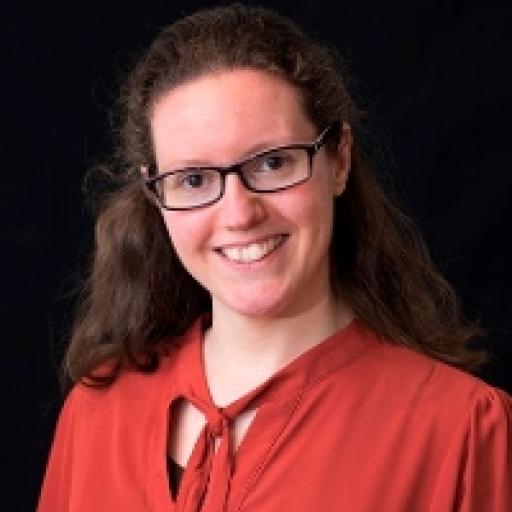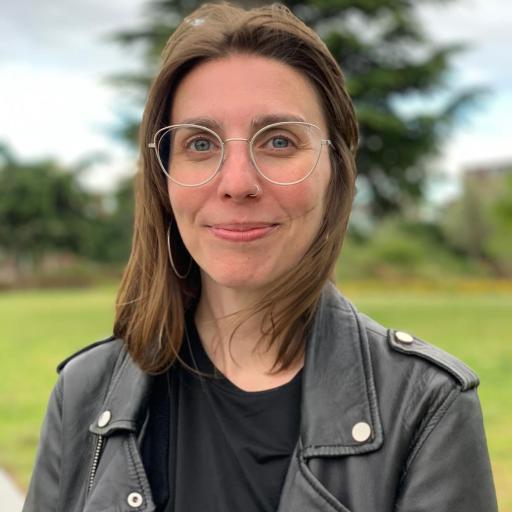The Team Science project Urban Digital Twins (3D data-based representations of the city) asks how inclusive these are for the diversity of people, experiences, and politics in the city. A digital representation cannot, by definition, capture the diversity of urban life and experience. The research project will therefore both consider which data and analytics are absent from current UDT-designs and how more inclusive practices and representations can be designed.
Urban digital twins are gaining in popularity across municipalities. Yet one can question who and what is included in and excluded from the digital twin of a city, why these choices are made and for what purpose a digital twin is developed. The research will be specifically focusing on Rotterdam and The Hague. Rotterdam already has an advanced digital twin in place and The Hague is in the process of developing one. The research team aims to identify what has been included in and excluded from the digital twin of Rotterdam and to explore in The Hague what their goals and considerations are and where we could possibly also implement the lessons learned from Rotterdam.
The BOLD cities research team brings together researchers from different backgrounds and universities under the lead of dr. Achilleas Psyllidis (Industrial Design Engineering, TU Delft): dr. Roy Bendor (Industrial Design Engineering, TU Delft), and dr. Thomas Swerts (Sociology, Erasmus University Rotterdam), and dr. Carola van Eijk (Public Administration, Leiden University).
The project forms a kick-starter of the ELSA Lab Urban Digital Twins for which BOLD Cities acquired the ELSA Label of the Dutch AI Coalition. This ELSA lab is developing solutions for municipalities and public institutions that want to develop urban digital twins that will have long-term social backing. The guiding concept is contestability by design, a methodology that makes it possible to construct and permanently reconstruct an AI application in consultation with users and stakeholders. To that end, the ELSA lab offers both key enabling methodologies and the technical design of urban AI.





